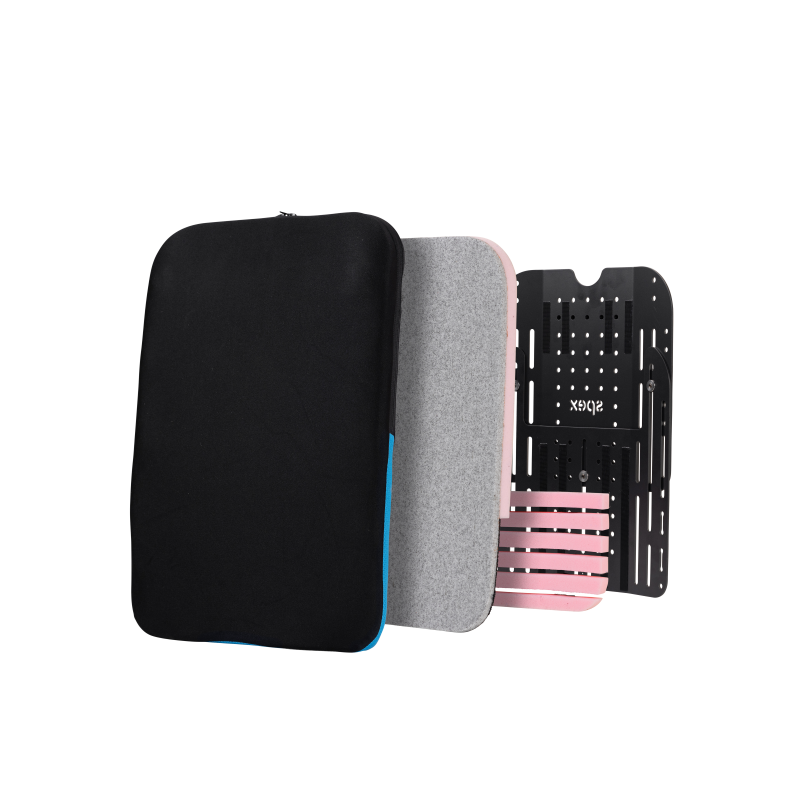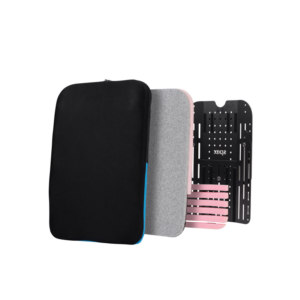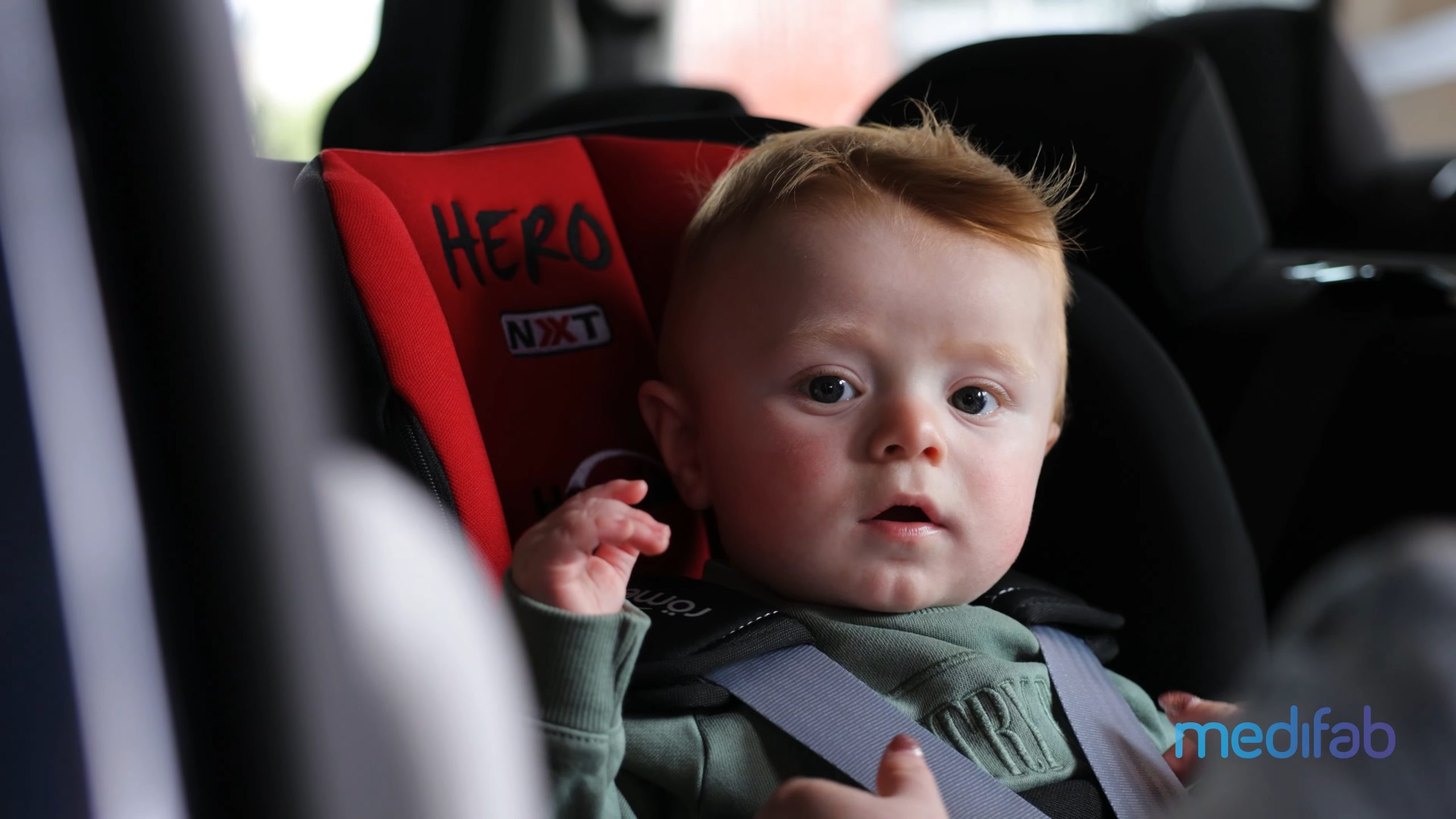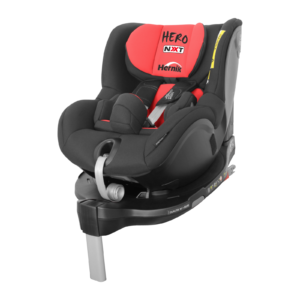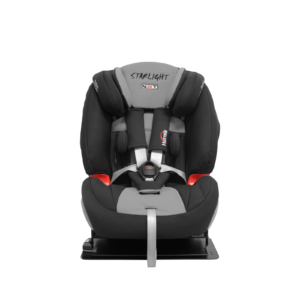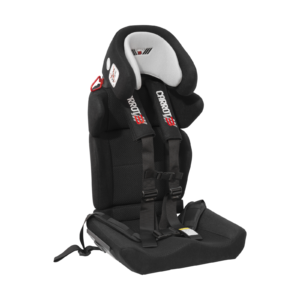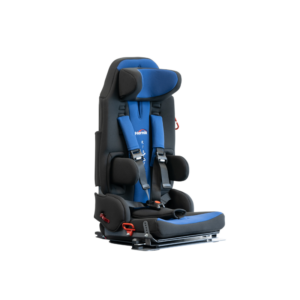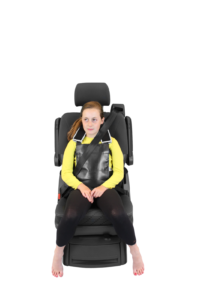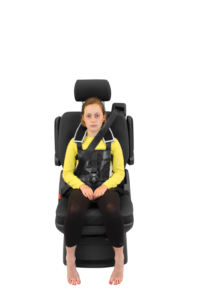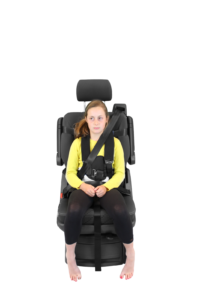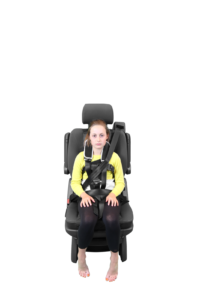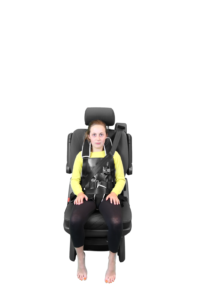We are very pleased to share the news from Mobility and Accessibility for Children in Australia Ltd (MACA) that the South Australian Department for Transport and Infrastructure has removed the state’s prohibition on selling non-standard child restraints. This means that families will no longer be required to have their vehicle inspected, which often caused delays to equipment access and costed both families’ and suppliers’ time and money.
Under the new regulations which came into effect on 30 March 2024, families can now use their child’s specialty child restraint (e.g. special purpose car seat/harness) in any vehicle that the child travels in, as long as they have a medical certificate to comply with road rules.
Keep scrolling to read the full media release from MACA.
Removal of unnecessary barrier to transport for SA children with disability
A change to South Australian regulations that comes into effect today will significantly improve access to safe transport and community participation for South Australian children
with disability and their families.
Mobility and Accessibility for Children in Australia Ltd (MACA) welcomes the South Australian Government’s decision to remove unfair and unnecessary barriers following a
review of legislation and processes by the Department for Infrastructure and Transport.
MACA Chief Executive, Helen Lindner, said the change followed three years of advocacy by the not-for-profit organisation – who were deeply concerned the laws were resulting in
children and families travelling unsafely on SA roads.
“Some children with disabilities and medical conditions are unable to travel in ‘off the shelf’ child restraints and require specialised products that are prescribed by an allied health
professional,” Ms Lindner said.
“South Australia was the only state in Australia that required families to undertake a vehicle inspection to use their prescribed speciality child restraint – which they could only do inperson at the Department’s Regency Park office.
“This unnecessary process also had to be repeated if the child travels in multiple vehicles, or the family change their vehicle – which is incredibly difficult for many families, especially those in regional or rural SA.
“This change will significantly improve access to transport for SA children with disabilities and their families.”
Hillbank family Amy and Alan Haythorpe know this all too well. Their 7-year-old son Liam has Autism Spectrum Disorder and would regularly get out of his child restraint and move around the car while they were driving, which was dangerous for Liam and his whole family.
Liam was prescribed a special purpose child restraint by his occupational therapist which Amy and Alan describe as a ‘lifesaver’ – but as they reported in MACA’s ethnographic
research study with Monash University, the inspection and approval process was onerous.
“The inspection is just for my car, so if something happened to my car and I had to put the seat in Alan’s car, we’d get a fine for it,” Amy said.
“A year ago my car needed work and was out of commission for a few months. In that time I used Alan’s car but we couldn’t use Liam’s seat because we didn’t have the approval
certificate. We had to use a normal booster seat and Liam did start acting up, taking his seatbelt off while I was driving.
“It will be a big help to no longer have to get each vehicle inspected and approved to be able to use Liam’s specialised seat.”
The changes to regulations came into effect on 30 March 2024.
While MACA welcomes this change, it acknowledges there is still more work to be done to remove unfair barriers for families.
“Seatbelt buckle covers – often prescribed by an allied health professional when a child with disability or challenging behaviours habitually escapes their child restraint or seatbelt – have not been included in the change,” Ms Lindner said.
“Families still face unnecessary processes to be able to legally use a buckle cover for their child – including an onerous online application and a three week wait for a response.
“We will continue to advocate for change in this area to ensure South Australian children with disability and their families have equal access to safe transport and community
participation.”
ENDS
Media enquiries:
Sarah O’Connor
0423 683 853
[email protected]
About MACA:
With funding from the Australian Government Department of Social Services, MACA is leading a significant program of work, including research, policy, training, practice, to
improve the safety and accessibility of motor vehicle transport for children with disabilities.
This includes a national evidence-informed website of information and resources, training for allied health professionals and organisations who support families, and crash testing and assessing the safety of specialty vehicle restraint systems used by children with disabilities and medical conditions
